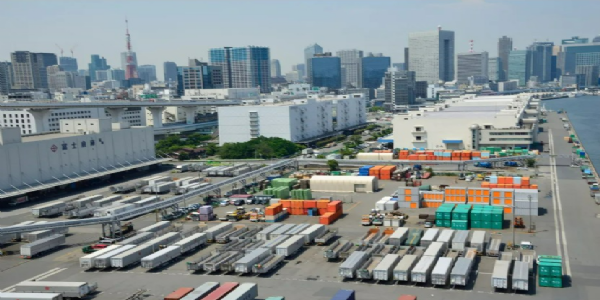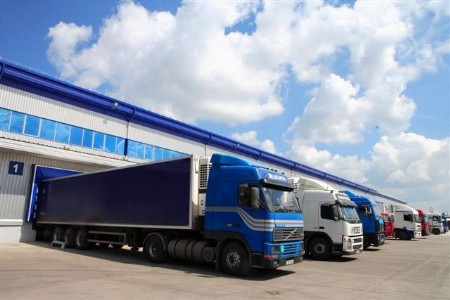Ammonia gas leak detected in a sub-sea pipe in Ennore; Here are EMERGENCY HACKS to be followed
Ammonia gas exposure can cause severe damage to the human body. Inhaling ammonia fumes irritates the respiratory system, leading to coughing, wheezing, and difficulty breathing.
Total Views | 204
Chennai, Dec 27: Panic gripped Ennore, Chennai when residents felt a strong smell and an ammonia gas leak was detected in a sub-sea pipe of Coromandel International Limited on Tuesday night. Five persons felt uneasy and were shifted to a health facility. "Ammonia gas leak detected in a sub-sea pipe in Ennore. This was noticed and stopped. The production head says the leak caused a strong smell and five people felt uneasy and were shifted to a health facility. They are fine now," the Tamil Nadu Environment and Forest Department said.

Ammonia gas exposure can cause severe damage to the human body. Inhaling ammonia fumes irritates the respiratory system, leading to coughing, wheezing, and difficulty breathing. Direct contact with the skin and eyes may result in burns, redness, and irritation. Prolonged exposure can cause lung damage, and in extreme cases, it may lead to respiratory failure or death. Immediate evacuation, professional medical attention, and preventive measures are crucial in mitigating the harmful effects of an ammonia gas leak.
Also read: ‘I was in the wrong era, seeing lot of changes now’: Anju Bobby George lauds PM Modi, takes a dig at Congress govt
Ammonia gas leaks demand swift action to protect ourselves and those around us from potential harm. While waiting for professional assistance, there are some emergency hacks that can be employed to mitigate the risks associated with an ammonia gas leak. These practical tips may prove invaluable in safeguarding personal safety in critical situations.
Improvised Respiratory Protection:
In the absence of professional-grade respirators, utilize makeshift respiratory protection. A cloth soaked in water and placed over the nose and mouth can act as a makeshift filter, helping to reduce the inhalation of ammonia fumes. It is essential to cover the nose and mouth completely to minimize exposure.
Create a Barrier with Clothing:
If ammonia gas is detected, use layers of clothing as a barrier to protect the skin. Cover as much exposed skin as possible, including the hands, with long sleeves, pants, and gloves. This can help reduce the risk of skin irritation and burns upon contact with the gas.
Evacuation Techniques:
When evacuating an area with an ammonia gas leak, move quickly and stay low to the ground. Ammonia is lighter than air, so it tends to rise. Staying close to the ground can minimize inhalation risks. Additionally, crawl rather than walk to reduce exposure to airborne fumes.
Also read: After 76 years BHARAT Gets It's Own Law! Decoding 'Bharat's new criminal laws
Seal Off Ventilation:
If evacuation is not immediately possible, seal off the ventilation system. Use plastic bags, tape, or any available materials to cover vents, windows, and other openings that may allow the entry of ammonia gas. This makeshift isolation can help contain the leak and limit its spread.
Emergency Water Rinse:
In case of skin contact with ammonia, perform an emergency water rinse. If water is readily available, flush the affected area with copious amounts of water for at least 15 minutes. This can help minimize skin burns and wash away any residual ammonia.
VIDEO | Several hospitalised following Ammonia gas leak at a private chemical factory in Ennore, Tamil Nadu. More details are awaited. pic.twitter.com/zYbPUzXJVf
— Press Trust of India (@PTI_News) December 27, 2023
Isolation Strategies:
If you find yourself trapped in an enclosed space with an ammonia leak, attempt to create a makeshift isolation area. Close doors and use available materials like blankets or clothing to seal gaps around doors and windows. This can help minimize ammonia infiltration.
In emergency situations involving ammonia gas leaks, quick thinking and resourcefulness are key. While these hacks are not substitutes for professional assistance, they can serve as temporary measures to reduce the immediate risks associated with ammonia exposure. Remember, safety should always be the top priority, and seeking professional help is crucial in such situations.
--
Bharati Web






